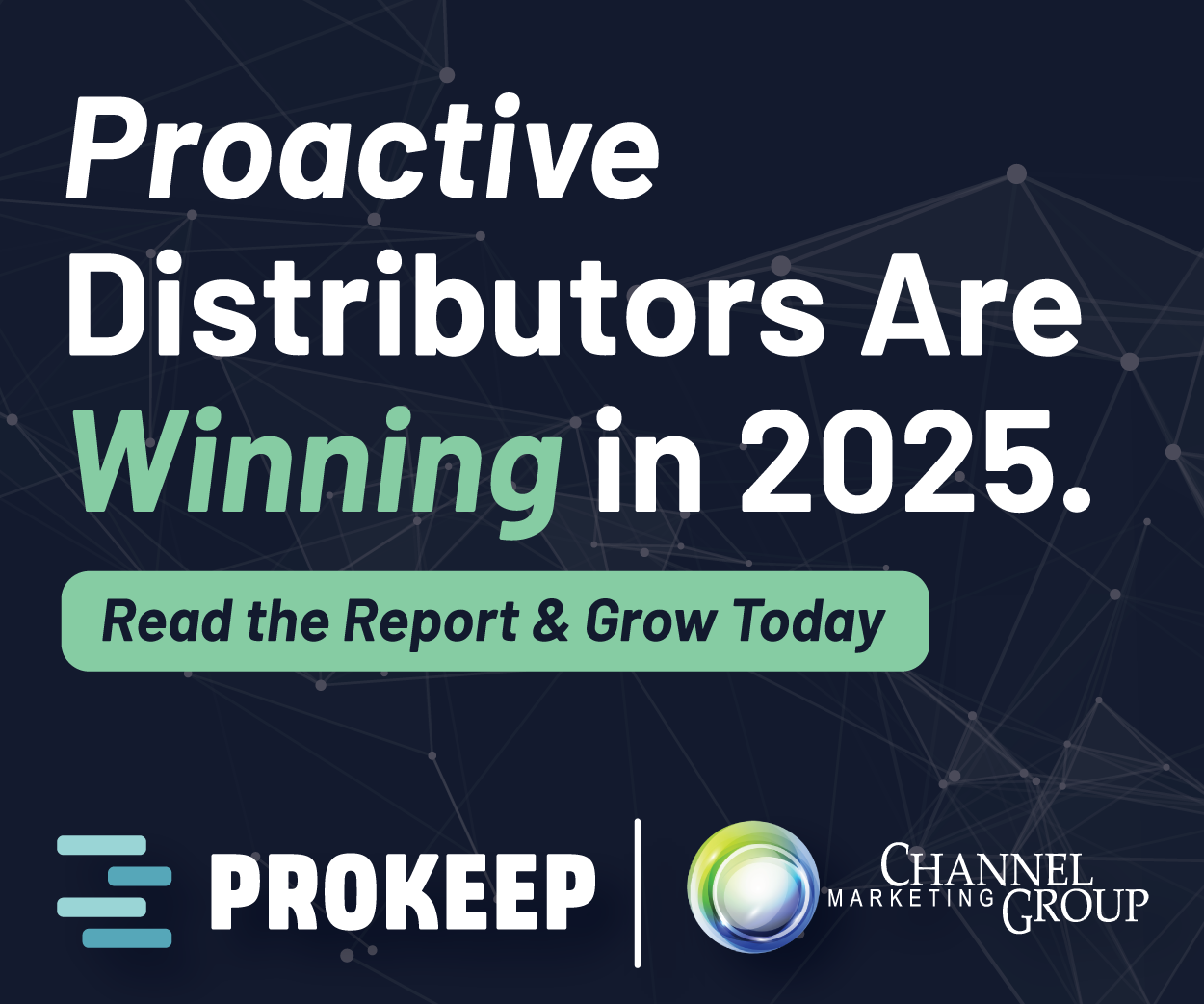In This Together – Manufacturers & Reps

Gene Biben, formerly President and CEO of Biben Sales, joined Channel Marketing Group earlier this month. Gene’s avowed desire is to “give back” to the industry, to help people work together. He will help reps achieve their goals and manufacturers optimize their performance, and relationship, to and with manufacturer reps. He’ll additionally support Channel Marketing Group clients’ research needs.
While Gene is well known by many manufacturers, we thought it would be interesting to ask him to consider changes he has seen over the years.
How has the relationship of manufacturers, distributors and representatives changed over the years?
Allow me my opinion to first start with manufacturers and representatives.
I took over the operations of our manufacturer’s representative company at 34 years old due to the ill health of my father. We survived, as this occurred 38 years ago. Without our distributors and manufacturers who stood behind us, we would have failed.
Planning
Every year we would either go to visit our manufacturers, or they would visit with us. We would have planning sessions with management followed by a meeting with all of our associates to inform them of the plan for the coming year.
Today’s “meetings” take place in 45-minute increments. While we’re together, are we really “together”? Do we know each other’s strengths, weaknesses and needs? We do the reports yet seldom receive responses or results from them. Perhaps there is a reason why getting reports done by reps is difficult?
Profit Counts
Our company always believed in knowing which items our manufacturers made more profit. We promoted those items because representing a company that does not make money is short-lived. Believe me, we know, and have been directly affected, as most, with mergers and acquisitions or companies’ closures. A representative making a manufacturer more money should allow them the opportunity to discuss opportunities that might otherwise be denied.
I had a distributor that did a good amount of nuclear business when these facilities were being built. One day he gave me a large order for portable cord. I told him I would get better pricing than standard given the size of the order. His reply “did I ask you for better pricing? When I need it, I will ask?” I called our factory inside person to let him know what was happening. A few years later the distributor salesperson asked for a quote. I contacted the same inside person who literally gave me $1 over cost. The distributor was our single most profitable account for our manufacturer.
Representation and Compensation
The most stated complaint of manufacturers nowadays is the lack of choices for representation in a territory. As NEMRA Chapter President in 1998 we had 26 representative member companies. Today there are less than 10 in our territory. Why?
Plumbing, as I know it, has 2 conduits; copper and PVC; millwork has wood. We have dozens and related fittings for each. We hire engineers and have complex systems to service customers. We make much less as an industry?
Twenty years ago, we had a finite number of customers: electrical distribution. Now the continued end user focus demanded by most manufacturers regardless of the product they are manufacturing adds for infinite number of customers including contractors, OEMs, MROs, engineers, architects, home builders and others.
We all have balance sheets that need to be identified. You have income and expenses and it needs to be balanced or hopefully be positive. Additional revenue streams by going into other areas, adding manufacturers, going into non-electrical industries such as HVAC, data, etc. are possibilities to explore. Revenue streams including buy-sell or overages appear to be the most widely used, certainly in lighting, and now are moving to electrical supplies. Each has its costs to the representative and the manufacturer in time spent on their products and control of their distribution and pricing.
Do all representatives get compensated equally? Do all of them do end user work? Warehouse? Enter their own orders; fulfill the necessary reporting, estimating, profit standards for a manufacturer? It there are differences in services, shouldn’t there be variations in their income?
The Role of Communication; Building Trust
A key manufacturer’s Vice Presidents asked me why reps don’t discuss their costs with the manufacturer? The same quality manufacturer had decreased commissions to their representatives because their business had deteriorated by that percentage. We pointed out that our business was off as much as theirs as we are compensated on sales only. The manufacturer reverted back to his older program with some upgrades. But that appears to have been in the days when people talked and were willing to listen to, and perhaps understand, each other’s perspective, and needs.
Sharing each other’s goals and information is necessary. Being asked to plan or forecast without knowing the capacity and plans of the manufacturer is not possible to do correctly. I once forecasted for a manufacturer a 6% growth in sales, but was being asked to come in with an 11% growth. Later that year the manufacturer complained that the representatives forecasting 11% forced that manufacturer to be significantly over stocked causing the company to lose margins and forced layoffs.
There are fewer representatives, fewer manufacturers and fewer distributors than 10 years ago, yet we continue making less money. Cutting commissions and giving product away have not worked; how about working together, planning together, and limiting our distribution? Would this allow all to maximize our profits. Perhaps those times have past, but a race to the bottom for all doesn’t benefit any.
Years ago, there seemed to be more “true” communication and more empathy. We all say we have “relationships”, but what does that truly mean nowadays?
Anyone willing to try, or at least talk, and share? After all, we’re in this together.

Thanks for thoughts Gene. (and feel free to reach out to Gene with your thoughts or to start a discussion.)
Whether we’ve “evolved” or “devolved” is a matter of perspective and opinion with societal and marketplace dynamics impacting today’s channel relations. End-users are demanding. Distributors are demanding. Shareholders are demanding. Integrating technology to facilitate business activities creates opportunities. Products evolve. And more. But the essence of the business remains the same … people doing business with people on behalf of people. Empathy can go a long way. The better communication between manufacturer representatives and their manufacturers (and yes, it extends to distributor), the better each company performs and the more profitable both companies are. Plus … it’s much less stressful.
The more we change, perhaps the more we need to stay the same?
What changes have you seen in manufacturer representative / manufacturer relationships over the years (and please respond anonymously or send us your comments and we’ll post anonymously for you.)




















